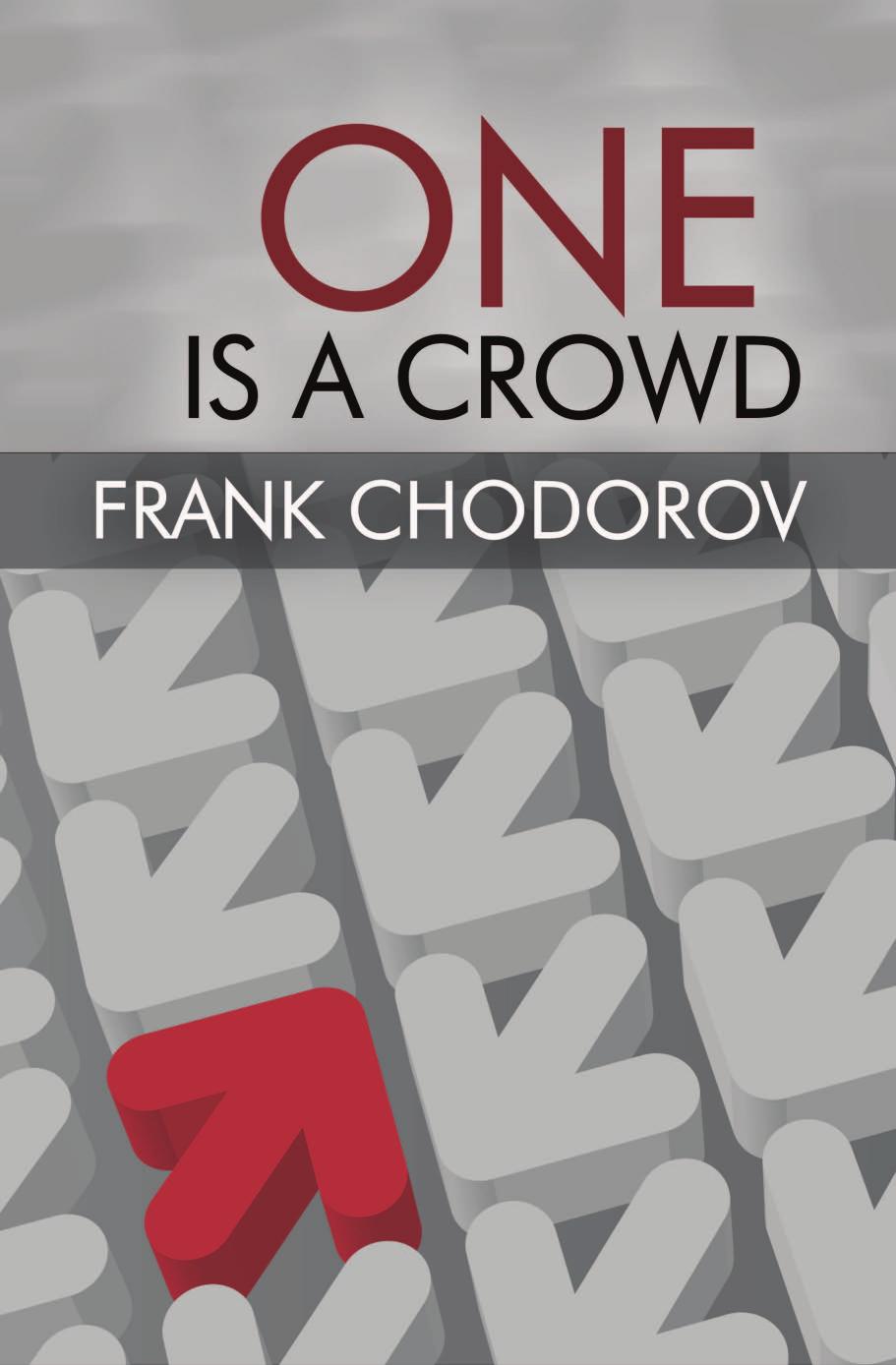One is a Crowd by Frank Chodorov

Author:Frank Chodorov [Frank Chodorov]
Language: eng
Format: epub, pdf
ISBN: 978-1-61016-075-9
Publisher: The Devin-Adair Company
Published: 1952-11-06T16:00:00+00:00
III
“Wait a minute,” the coed interjected, “I’ve got to take the affirmative side. I need arguments in favor of controls.”
That was a chore. How does one support what one holds to be a fallacy? Well, underlying every fallacy is a doctrine, and if you accept the doctrine the fallacy seems to melt away. In this case, the doctrine is that political power can make the market place jump through a hoop; there are no laws of economics to hamper the strong arm of the State. We had to accept that position, if we were to be of any help to the affirmative side.
Sticking to the Socratic method, we asked: what is the advertised social purpose of controls?
“To distribute equitably whatever is in short supply.”
Like the father, we suggested, who sees to it that none of his children gets more than the others. That is what we call “egalitarianism.” To argue the affirmative in this debate, we said, you must accept egalitarianism as an ideal and a possibility; you must assume that the State has the right, the capacity and the duty to allocate production and equalize consumption.
“Hold on; you’re preaching Socialism.”
Maybe Statism, we volunteered, is a better word. But, why get disturbed over a name?
“We don’t dare mention Socialism. The students don’t like it, and neither does the faculty adviser.”
Then we remembered that in the textbooks this controlled economy business is described as “democratic.” Socialism is not mentioned. Putting nomenclature aside, we pointed out that the affirmative in this debate must rest its case on the goal of abolishing inequalities in the distribution of wealth and the State’s ability to do so.
“What about the rights of the citizens?”
Pure fiction, we sneered. The only rights the citizens have are the privileges given him, on lend-lease, by the State.
“You mean the worker does not have the right to sell his services to the highest bidder?”
Of course not. We must keep in mind that the good of society, as determined by the State, takes precedence over the good of the individual. After all, if the worker insists on fending for himself, how can the State take care of his interests?
“But, surely, if a farmer has put his back into a bushel of potatoes, those potatoes belong to him and he has a right to sell them for whatever is offered.”
It was the young man who brought up the right of property, and we had to argue that that too is fiction. In his textbooks, we said, he would learn that in our highly integrated economy the individual worker produces nothing; society is the only producer. If society produces everything, the State has a first claim on everything, and is entirely within its rights when it confiscates property (by taxation) and distributes it for the general good.
They were perturbed. This was hard to take. “You mean to say that to support the affirmative in this debate we have to take the position that the individual has no rights? That the State is supreme?”
That’s your basic premise, we insisted.
Download
This site does not store any files on its server. We only index and link to content provided by other sites. Please contact the content providers to delete copyright contents if any and email us, we'll remove relevant links or contents immediately.
International Integration of the Brazilian Economy by Elias C. Grivoyannis(111057)
The Radium Girls by Kate Moore(12028)
Turbulence by E. J. Noyes(8047)
Nudge - Improving Decisions about Health, Wealth, and Happiness by Thaler Sunstein(7706)
The Black Swan by Nassim Nicholas Taleb(7128)
Rich Dad Poor Dad by Robert T. Kiyosaki(6632)
Pioneering Portfolio Management by David F. Swensen(6300)
Man-made Catastrophes and Risk Information Concealment by Dmitry Chernov & Didier Sornette(6019)
Zero to One by Peter Thiel(5801)
Secrecy World by Jake Bernstein(4752)
Millionaire: The Philanderer, Gambler, and Duelist Who Invented Modern Finance by Janet Gleeson(4478)
The Age of Surveillance Capitalism by Shoshana Zuboff(4291)
Skin in the Game by Nassim Nicholas Taleb(4248)
The Money Culture by Michael Lewis(4207)
Bullshit Jobs by David Graeber(4190)
Skin in the Game: Hidden Asymmetries in Daily Life by Nassim Nicholas Taleb(4004)
The Dhandho Investor by Mohnish Pabrai(3764)
The Wisdom of Finance by Mihir Desai(3746)
Blockchain Basics by Daniel Drescher(3581)
